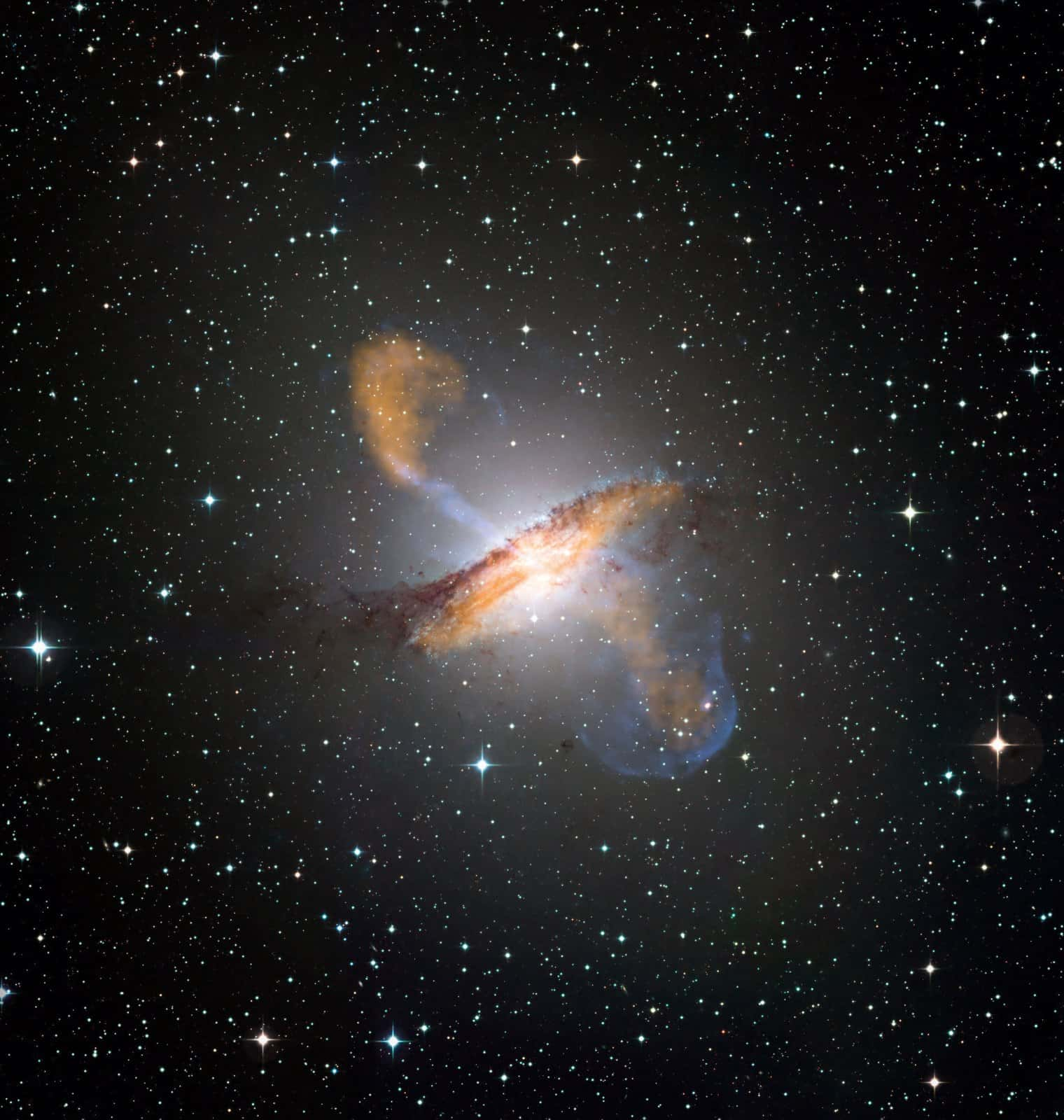Back in the 13th century, the common law in England prescribed death by burning alive for those who practised sodomy.
The criminalisation of homosexuality started way back in the 1290s when the common law in England prescribed death for sodomites by setting them ablaze alive.
Acts of sodomy carried the sentence of hanging under the Buggery Act of 1533, which was re-enacted in 1563 by Queen Elizabeth I. Later, it became the charter for the subsequent criminalisation of sodomy in the British colonies.
Oral and genital sexual acts were removed from the definition of buggery in 1817. And, in 1861, the death penalty for buggery was formally abolished in England and Wales.
English law, which India continued to follow, was reformed by the United Kingdom under the Sexual Offences Act, 1967, which decriminalised homosexuality and acts of sodomy between consenting adults (above the age of 21).
In 1967 in England and Wales and in 1980 in Scotland, sodomy between consenting adult males in private was decriminalised. But in Northern Ireland the criminal law relating to sodomy remained unchanged.
In 1982, in pursuance of the decision of the European Court of Human Rights in Dudgeon v The United Kingdom, sodomy between adult consenting males in private was decriminalised in Northern Ireland as well.
Laws prohibiting homosexual activity between consenting adults in private have been removed from the statute books of the 23 member-states that joined the Council of Europe in 1989. Of the 10 East European countries, nine repealed anti-sodomy laws either before or shortly after their membership applications were granted.
The Indian Penal Code was drafted by Lord Macaulay and introduced in 1861 in British India. Section 377 of the IPC was titled 'Of Offences Affecting the Human Body'.
This provision explains that "whoever voluntarily has carnal intercourse against the order of nature with any man, woman, or animal shall be punished with imprisonment for life, or with imprisonment of either description for a term which may extend to ten years, and shall also be liable to fine".
The section adds: "Penetration is sufficient to constitute the carnal intercourse necessary to the offence described in this section."
The term 'carnal intercourse' is used in section 377 to distinguish it from the term 'sexual intercourse'.
The first known judgment from an Indian court under this section came in 1925 (Khanu v The Emperor). The judgment held that "section 377 IPC punishes certain persons who have carnal intercourse against the order of nature with inter alia human beings... [If the oral sex committed in this case is carnal intercourse], it is clearly against the order of nature, because the natural object of carnal intercourse is that there should be the possibility of conception of human beings, which in the case of coitus is impossible."
It appears that courts had earlier in 1817 (RV Jacobs) and 1886 (Govindarajulu case) held that inserting the penis in the mouth would not amount to an offence. Later, however, section 377 was interpreted to cover oral sex, anal sex, and penetration of other orifices.
In the Lohana Vasantlal Devchand case, the Supreme Court in 1968 held that the issue was whether oral sex amounted to an offence under section 377 of the IPC.
It was held that the "orifice of the mouth is not, according to nature, meant for sexual or carnal intercourse".
In Calvin Francis v Orissa (1992), the court relied on the Lohana verdict and held that oral sex fell within the ambit of section 377 of the IPC.
The court held that sexual perversity and abnormal sexual satisfaction were the guiding criteria in resolving the dispute.
In Fazal Rab Choudhary (1983), the apex court observed that section 377 of the IPC implied "sexual perversity".
Evidently, the test for attracting the penal provision had changed from being a non-procreative act to an act of sexual perversity.
![submenu-img]() Mukesh Ambani’s daughter Isha Ambani’s firm launches new brand, Reliance’s Rs 8200000000000 company to…
Mukesh Ambani’s daughter Isha Ambani’s firm launches new brand, Reliance’s Rs 8200000000000 company to…![submenu-img]() Sonali Bendre says producers called her 'too thin', tried to ‘fatten her up' during the 90s: ‘They'd just tell me...'
Sonali Bendre says producers called her 'too thin', tried to ‘fatten her up' during the 90s: ‘They'd just tell me...'![submenu-img]() Heavy rains in UAE again: Dubai flights cancelled, schools and offices shut
Heavy rains in UAE again: Dubai flights cancelled, schools and offices shut![submenu-img]() When 3 Bollywood films with same story released together, two even had same hero, all were hits, one launched star kid
When 3 Bollywood films with same story released together, two even had same hero, all were hits, one launched star kid![submenu-img]() Gautam Adani’s firm gets Rs 33350000000 from five banks, to use money for…
Gautam Adani’s firm gets Rs 33350000000 from five banks, to use money for…![submenu-img]() DNA Verified: Is CAA an anti-Muslim law? Centre terms news report as 'misleading'
DNA Verified: Is CAA an anti-Muslim law? Centre terms news report as 'misleading'![submenu-img]() DNA Verified: Lok Sabha Elections 2024 to be held on April 19? Know truth behind viral message
DNA Verified: Lok Sabha Elections 2024 to be held on April 19? Know truth behind viral message![submenu-img]() DNA Verified: Modi govt giving students free laptops under 'One Student One Laptop' scheme? Know truth here
DNA Verified: Modi govt giving students free laptops under 'One Student One Laptop' scheme? Know truth here![submenu-img]() DNA Verified: Shah Rukh Khan denies reports of his role in release of India's naval officers from Qatar
DNA Verified: Shah Rukh Khan denies reports of his role in release of India's naval officers from Qatar![submenu-img]() DNA Verified: Is govt providing Rs 1.6 lakh benefit to girls under PM Ladli Laxmi Yojana? Know truth
DNA Verified: Is govt providing Rs 1.6 lakh benefit to girls under PM Ladli Laxmi Yojana? Know truth![submenu-img]() Remember Ayesha Kapur? Michelle from Black, here's how actress, nutrition coach, entrepreneur looks after 19 years
Remember Ayesha Kapur? Michelle from Black, here's how actress, nutrition coach, entrepreneur looks after 19 years![submenu-img]() Remember Heyy Babyy's cute 'Angel' Juanna Sanghvi? 20 year-old looks unrecognisable now, fans say 'her comeback will...'
Remember Heyy Babyy's cute 'Angel' Juanna Sanghvi? 20 year-old looks unrecognisable now, fans say 'her comeback will...'![submenu-img]() In pics: Arti Singh stuns in red lehenga as she ties the knot with beau Dipak Chauhan in dreamy wedding
In pics: Arti Singh stuns in red lehenga as she ties the knot with beau Dipak Chauhan in dreamy wedding![submenu-img]() Actors who died due to cosmetic surgeries
Actors who died due to cosmetic surgeries![submenu-img]() See inside pics: Malayalam star Aparna Das' dreamy wedding with Manjummel Boys actor Deepak Parambol
See inside pics: Malayalam star Aparna Das' dreamy wedding with Manjummel Boys actor Deepak Parambol ![submenu-img]() DNA Explainer: Why Harvey Weinstein's rape conviction was overturned, will beleaguered Hollywood mogul get out of jail?
DNA Explainer: Why Harvey Weinstein's rape conviction was overturned, will beleaguered Hollywood mogul get out of jail?![submenu-img]() What is inheritance tax?
What is inheritance tax?![submenu-img]() DNA Explainer: What is cloud seeding which is blamed for wreaking havoc in Dubai?
DNA Explainer: What is cloud seeding which is blamed for wreaking havoc in Dubai?![submenu-img]() DNA Explainer: What is Israel's Arrow-3 defence system used to intercept Iran's missile attack?
DNA Explainer: What is Israel's Arrow-3 defence system used to intercept Iran's missile attack?![submenu-img]() DNA Explainer: How Iranian projectiles failed to breach iron-clad Israeli air defence
DNA Explainer: How Iranian projectiles failed to breach iron-clad Israeli air defence![submenu-img]() Sonali Bendre says producers called her 'too thin', tried to ‘fatten her up' during the 90s: ‘They'd just tell me...'
Sonali Bendre says producers called her 'too thin', tried to ‘fatten her up' during the 90s: ‘They'd just tell me...'![submenu-img]() When 3 Bollywood films with same story released together, two even had same hero, all were hits, one launched star kid
When 3 Bollywood films with same story released together, two even had same hero, all were hits, one launched star kid![submenu-img]() Salman Khan house firing case: Family of deceased accused claims police 'murdered' him, says ‘He was not the kind…’
Salman Khan house firing case: Family of deceased accused claims police 'murdered' him, says ‘He was not the kind…’![submenu-img]() Meet actor banned by entire Bollywood, was sent to jail for years, fought cancer, earned Rs 3000 crore on comeback
Meet actor banned by entire Bollywood, was sent to jail for years, fought cancer, earned Rs 3000 crore on comeback ![submenu-img]() Karan Johar wants to ‘disinherit’ son Yash after his ‘you don’t deserve anything’ remark: ‘Roohi will…’
Karan Johar wants to ‘disinherit’ son Yash after his ‘you don’t deserve anything’ remark: ‘Roohi will…’![submenu-img]() IPL 2024: Bhuvneshwar Kumar's last ball wicket power SRH to 1-run win against RR
IPL 2024: Bhuvneshwar Kumar's last ball wicket power SRH to 1-run win against RR![submenu-img]() BCCI reacts to Rinku Singh’s exclusion from India T20 World Cup 2024 squad, says ‘he has done…’
BCCI reacts to Rinku Singh’s exclusion from India T20 World Cup 2024 squad, says ‘he has done…’![submenu-img]() MI vs KKR, IPL 2024: Predicted playing XI, live streaming details, weather and pitch report
MI vs KKR, IPL 2024: Predicted playing XI, live streaming details, weather and pitch report![submenu-img]() IPL 2024: How can RCB and MI still qualify for playoffs?
IPL 2024: How can RCB and MI still qualify for playoffs?![submenu-img]() MI vs KKR IPL 2024 Dream11 prediction: Fantasy cricket tips for Mumbai Indians vs Kolkata Knight Riders
MI vs KKR IPL 2024 Dream11 prediction: Fantasy cricket tips for Mumbai Indians vs Kolkata Knight Riders ![submenu-img]() '25 virgin girls' are part of Kim Jong un's 'pleasure squad', some for sex, some for dancing, some for...
'25 virgin girls' are part of Kim Jong un's 'pleasure squad', some for sex, some for dancing, some for...![submenu-img]() Man dances with horse carrying groom in viral video, internet loves it
Man dances with horse carrying groom in viral video, internet loves it ![submenu-img]() Viral video: 78-year-old man's heartwarming surprise for wife sparks tears of joy
Viral video: 78-year-old man's heartwarming surprise for wife sparks tears of joy![submenu-img]() Man offers water to thirsty camel in scorching desert, viral video wins hearts
Man offers water to thirsty camel in scorching desert, viral video wins hearts![submenu-img]() Pakistani groom gifts framed picture of former PM Imran Khan to bride, her reaction is now a viral video
Pakistani groom gifts framed picture of former PM Imran Khan to bride, her reaction is now a viral video
















































)
)
)
)
)
)